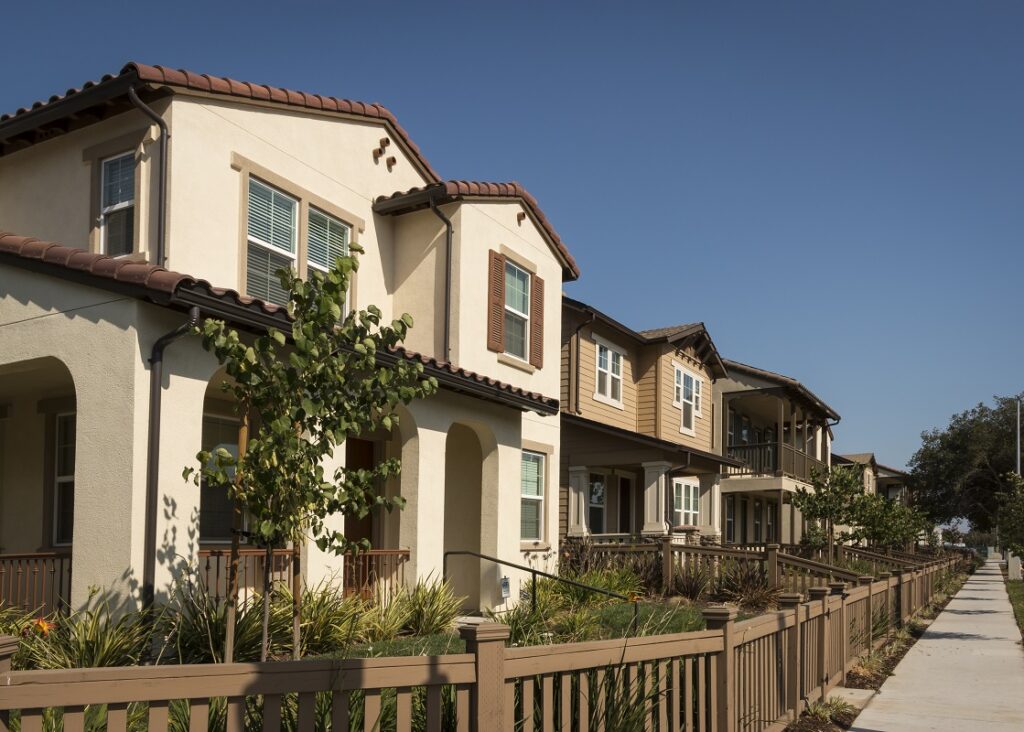- Consider location, home loans, cost of living, and future growth potential when buying real estate.
- Homeowners often experience more financial stability due to the potential to build equity over time and the tax benefits associated with mortgage payments.
- Research safety statistics, home codes, regulations, amenities in the area, and costs associated with homeownership to prepare a realistic budget.
- Hire an experienced lawyer to help navigate legal paperwork and protect the homebuyers’ rights.
- Prioritize research, preparation, and planning for best value investment when investing in real estate.
When investing in real estate, there are various factors to consider before purchasing. However, owning your home can be an enriching experience with many benefits. Studies have shown homeownership is associated with higher life satisfaction and overall well-being. Recent statistics from the Joint Center for Housing Studies at Harvard University show that homeowners are ten times more likely to report being “very satisfied” or “satisfied” about their lives than renters.
One of the significant benefits of owning your own home is financial stability and security. Homeowners often experience more excellent financial stability due to the potential for building equity over time and the tax benefits associated with mortgage payments. Additionally, homeowners tend to have fewer housing costs than renters since they are no longer responsible for monthly rent. The long-term savings associated with not paying rent can significantly increase over time.
However, buying real estate requires massive preparations to pull off. Here are a few tips to help you with the process.
Identifying the Right Location
Finding the right place to buy or build a home is the most crucial step in the real estate process. Not only does it determine how much you will pay for your property, but it also plays a significant role in your overall quality of life. Researching various neighborhoods and considering different factors is essential for that perfect location. Here are a few tips to help you make an informed decision when searching for your new home.
Accessibility
The location of your home should be easily accessible from where you work and where you plan to shop and have fun. Make sure public transportation and access to major highways and roadways are nearby so getting around won’t be an issue. If you plan on traveling by car often, ensure ample parking options are available near or at your building.
Safety
It’s essential to prioritize safety when purchasing a new home. Take some time to research crime statistics in the area and fire and disaster preparedness plans in case of emergencies. Additionally, check whether homes in the area adhere to building codes and regulations and if any buildings or structures nearby could pose safety risks due to their proximity or condition.
Cost of Living
The cost of living should be another factor considered when buying a home. Consider not only what you can afford for a mortgage payment but also other expenses associated with homeownership, such as taxes, utilities, insurance costs, and maintenance fees. Additionally, look into which amenities are provided within the community and if they are included in your monthly expenses or require additional payments.
Future Growth Potential
When looking for a place to live, it’s always essential to think about its potential growth over time based on predicted demographic changes, local businesses moving into the area, or other prospects that may increase value in the future- all of these can influence property values over time, so it’s best to research thoroughly before making any decision.
Set Up a Realistic Budget

A realistic budget is essential for home buyers when investing in real estate. An accurate financial plan ensures that potential home buyers can purchase the home of their dreams without worrying about overspending or taking on too much debt.
Home loans are usually the most significant expenses homebuyers will incur when purchasing a home, and it’s essential to ensure you’re borrowing only what you can afford. The amount of money you borrow should be appropriate for your current income and plans. Additionally, homebuyers should consider whether they are comfortable with how long it will take to pay off their mortgage and other associated costs, such as closing costs and home insurance.
It’s also essential to establish a budget that factors in all other costs associated with homeownership, including utilities, taxes, home maintenance, and repairs. Many buyers overlook these expenses when planning their finances and end up over their heads and unprepared for such additional costs. To avoid this situation, research the estimated cost for such services when buying a home to prepare your budget adequately. Also, factor in how much cash reserves you need for unexpected events or emergencies related to your home ownership since these could arise.
Prepare for Legal Paperwork

When purchasing a home, it’s essential to understand all the legal paperwork associated with home ownership. Homebuyers should be familiar with documents such as deeds, mortgages, and home loan agreements which can often be confusing. It’s recommended to hire an experienced real estate lawyer who will help you navigate through any unfamiliar paperwork and ensure that your rights are protected throughout the process.
Failure to comply with the legal implications of home ownership can be costly and lead to severe troubles. Ensure you know all the legal obligations before signing any documents or agreements related to home ownership.
Final Thoughts
Buying a home is an exciting process that requires proper research, preparation, and planning. The abovementioned considerations will help homebuyers get the best value for their money, maximize their long-term savings potential, and make informed decisions when investing in real estate.

